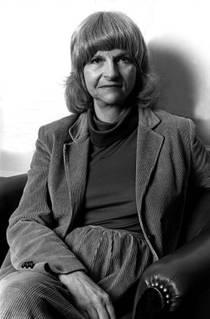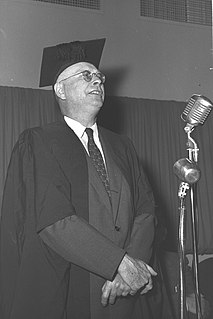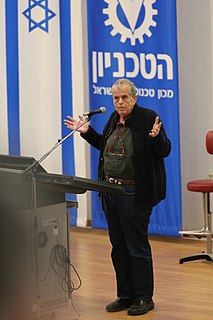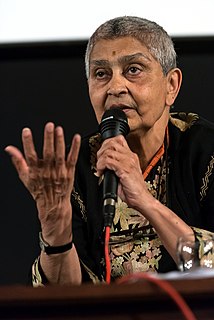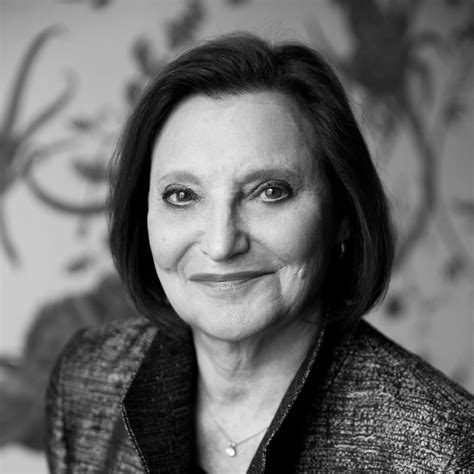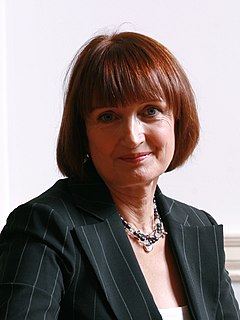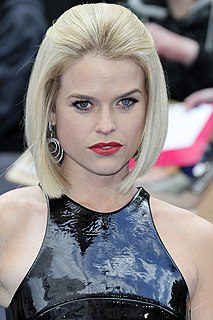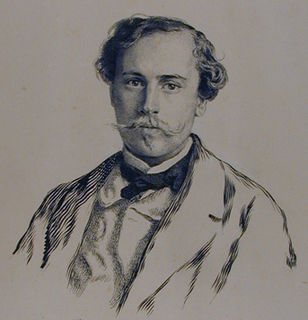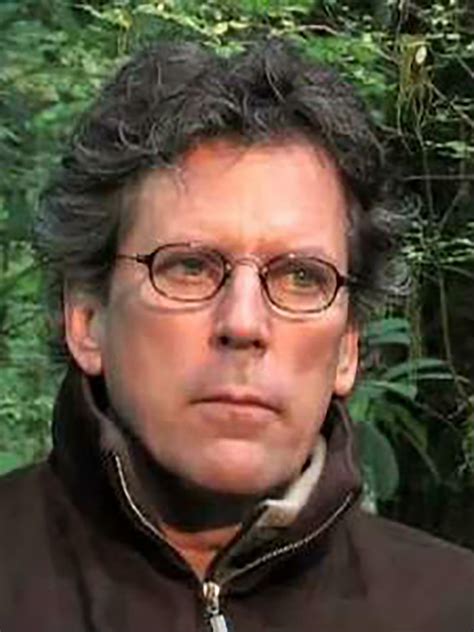Top 1200 World Literature Quotes & Sayings - Page 4
Explore popular World Literature quotes.
Last updated on November 27, 2024.
The great subversive works of children's literature suggest that there are other views of human life besides those of the shopping mall and the corporation. They mock current assumptions and express the imaginative, unconventional, noncommercial view of the world in its simplest and purest form. They appeal to the imaginative, questioning, rebellious child within all of us, renew our instinctive energy, and act as a force for change. This is why such literature is worthy of our attention and will endure long after more conventional tales have been forgotten.
What a lost person needs is a map of the territory, with his own position marked on it so he can see where he is in relation to everything else. Literature is not only a mirror; it is also a map, a geography of the mind. Our literature is one such map, if we can learn to read it as our literature, as the product of who and where we have been. We need such a map desperately, we need to know about here, because here is where we live. For the members of a country or a culture, shared knowledge of their place, their here, is not a luxury but a necessity. Without that knowledge we will not survive.
I don't think that we are completely dominated by what we have inherited from the past, but it is the case that as far back as you can go - just to Homer, but also to the literature of Rome, the literature of the Middle Ages and Renaissance - what you will find is that women's voices are not taken seriously.
As a form of moral insurance, at least, literature is much more dependable than a system of beliefs or a philosophical doctrine. Since there are no laws that can protect us from ourselves, no criminal code is capable of preventing a true crime against literature; though we can condemn the material suppression of literature - the persecution of writers, acts of censorship, the burning of books - we are powerless when it comes to its worst violation: that of not reading the books. For that crime, a person pays with his whole life; if the offender is a nation, it pays with its history.
We do literature a real disservice if we reduce it to knowledge or to use, to a problem to be solved. If literature solves problems, it does so by its own inexhaustibility, and by its ultimate refusal to be applied or used, even for moral good. This refusal, indeed, is literature's most moral act. At a time when meanings are manifold, disparate, and always changing, the rich possibility of interpretation--the happy resistance of the text to ever be fully known and mastered--is one of the most exhilarating products of human culture.
I'm not much of a correspondent. My letters are not only uninteresting but sparse. I'm glad I don?t have to write for a living. It?s arduous work and the money is very uncertain. On those rare occasions when I wander into a bookstore it amazes me to see the avalanche of literature and semi-literature that is turned out weekly in this country. The people who write these things are either desperate for money or love starved. Why should anyone on a nice balmy day lock oneself in an office and hit a typewriter for hours on end. I think one of the greatest pleasures in the world is not writing.
After reading Edgar Allan Poe. Something the critics have not noticed: a new literary world pointing to the literature of the 20th Century. Scientific miracles, fables on the pattern A+ B, a clear-sighted, sickly literature. No more poetry but analytic fantasy. Something monomaniacal. Things playing a more important part than people; love giving away to deductions and other forms of ideas, style, subject and interest. The basis of the novel transferred from the heart to the head, from the passion to the idea, from the drama to the denouement.
As a lifelong student of the world’s wisdom literature, it is my duty to inform students that “ridding the world of evil” is a goal very different from any recommended by Jesus, Buddha, or Muhammad, though not so different from some recommended by the Josephs Stalin and McCarthy and by Mao Tse Tung.



